It's an important milestone when you baby starts drinking water, but it is also important to know when it's safe to do so. When to introduce water to your baby will have a major impact on their development and health. Pediatricians often don't recommend giving your baby water until your child is six months old, because breast milk or formula supplies all the fluids your baby needs throughout their first few months of life. When adding water, there are some rationales and recommendations to adhere to.
Other Topics You Might Like
Helpful Products You Might Like
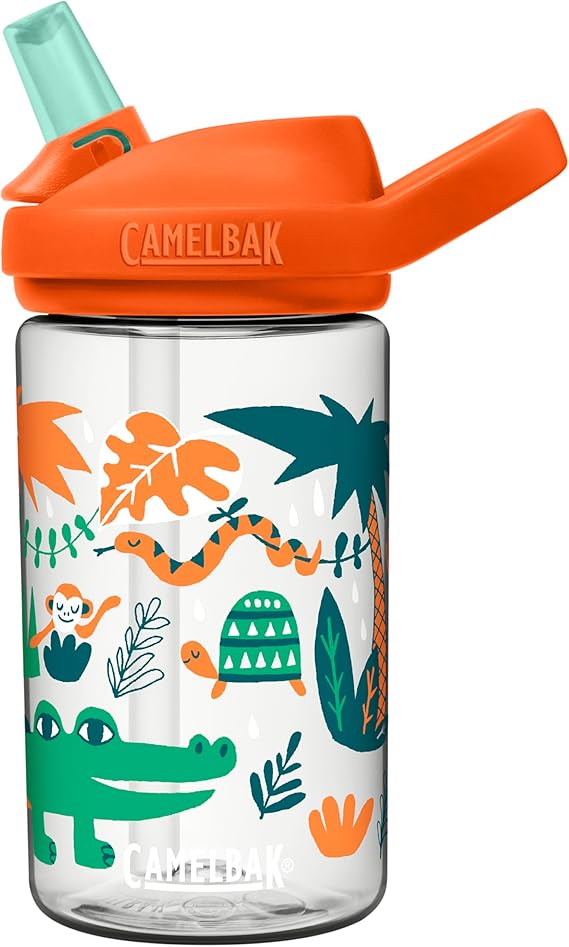
CamelBak eddy Kids Water Bottle
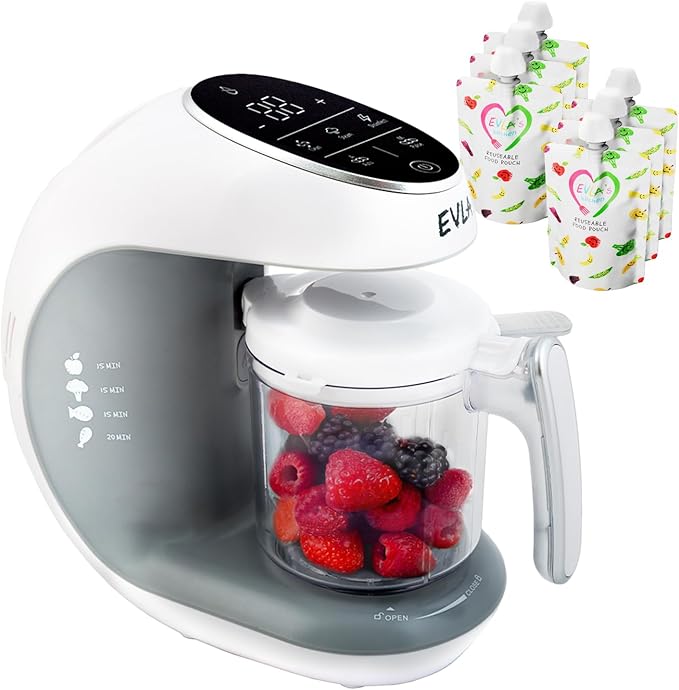
EVLA'S Baby Food Maker
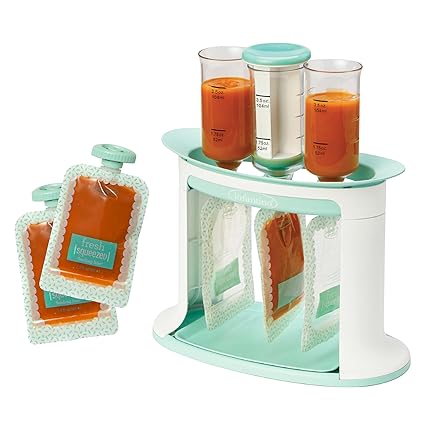
Infantino Squeeze Station for Homemade Baby Food
"(Paid Links)" 
The Importance of Exclusive Breastfeeding or Formula Feeding
Your infant should get all of its fluids from breast milk or formula throughout the first six months of life. They ensure the healthy growth and development of your baby by offering the ideal ratio of nutrients to water. Approximately 88% of breast milk is water, so it's more than plenty to keep your infant hydrated—even in hot conditions. Formula is also made to satisfy every need for hydration.
Water introduction prior to six months of age may disrupt your baby's diet. A baby may drink less breast milk or formula if they load up on water, which could result in vitamin deficits. Additionally, a baby's blood sodium levels may be diluted by drinking too much water, which could result in water intoxication, a serious disease that can induce convulsions and, in extreme circumstances, brain damage.
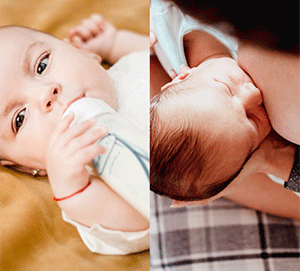
When to Start Giving Water

You can begin providing your infant modest quantities of water after they turn six months old. At this point, the majority of babies start eating solid foods, and water can help them consume a healthier diet. Water shouldn't, however, take the place of formula or breast milk as the main food supply. Introduce it gradually; no more than 2-4 ounces should be taken each day. The idea is to encourage your infant to drink from a cup and to help them become acquainted to the taste of water.
How to Introduce Water
During mealtimes, start by providing a few sips of water in a cup. You should use a sippy or tiny open cup to help your infant learn to drink water. Their motor skill development may also benefit from this. Make sure the water you offer is pure and suitable for consumption. Use filtered, boiled, and cooled water if tap water is dangerous where you are.
It's critical to keep an eye out for any indications of discomfort or indifference in your infant. Don't push it if they don't seem interested in the water. Babies are adept at controlling their water consumption, and as they get bigger and more active, they will progressively drink more water.
Water Intake from 6 to 12 Months
Your baby will progressively start to drink more water between the ages of six and twelve months, especially when they begin to eat more solid foods. Their main source of nutrition and hydration should still be breast milk or formula, though. Generally speaking, depending on their overall fluid intake from breast milk or formula and how much solid food they eat, babies at this stage can drink between 4 and 8 ounces of water each day.
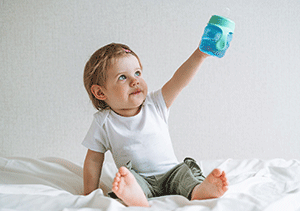
Water Intake After 12 Months
After 12 months of age, your infant can get more water during the day. You can begin giving them water on a regular basis at this stage. You should aim for 8 to 32 ounces each day, or according to their daily activities. Avoid giving them too much water all at once, though, as it may decrease their desire for other nutrient-dense foods.
Warning Signs of Overhydration
Even after one year, it is important to avoid overhydration. Signs of overhydration include a vomiting, bloated belly, and a significant drop in appetite of your baby. If you see any of these symptoms, reduce your baby’s water intake and consult your doctor if necessary.
Conclusion
Introducing water to your baby is an essential step that should be done with care. Wait for six months to introduce water because your baby gets the necessary nutrients from breast milk or formula It prevent them from water intoxication. Introduce small amounts of water gradually from a cup can keep your baby develop good drinking habits, complementing their growing diet of solid foods. Keep an eye on your baby's water intake and consult with your pediatrician if you have any issue.
